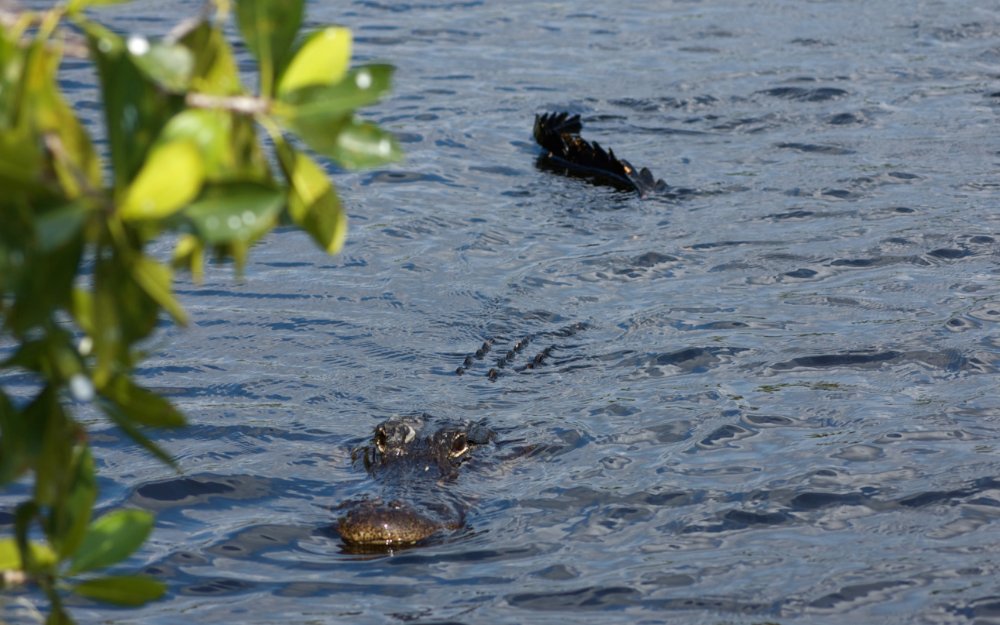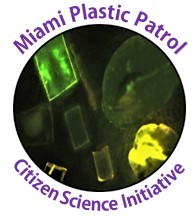FCE LTER supports participatory science programs that give South Florida residents the opportunity to contribute to a better understanding of the Everglades.
FCE LTeaER
In August 2018, the FCE Citizen Science program launched the FCE LTeaER decomposition project. Based on the TeaBag Index, LTeaERbags have been deployed at 11 FCE research sites along the Taylor and Shark River Slough transects and will be collected quarterly, dried, weighed, and used to calculate soil decomposition rates. In collaboration with the Everglades Foundation and FIUteach, the data will be used to discuss Everglades ecology and generate science fair projects. It will be shared internationally through the TeaBag Index.
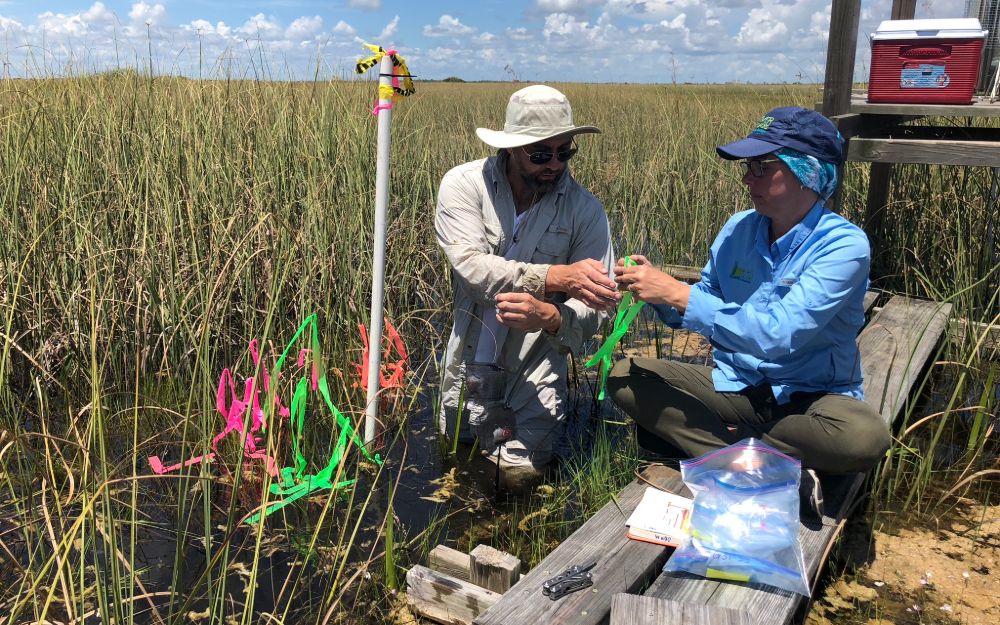
Miami Plastic Patrol
Miami Plastic Patrol is a citizen science initiative to quantify and raise awareness of microplastic pollution (plastics less than 5 mm in size) in the Biscayne Bay watershed. This project will create a baseline for water quality policies to eventually manage and reduce microplastics getting into Biscayne Bay. Partnering organizations and institutions obtain their own citizen science kit, collect and analyze water samples, and upload their data into the free, open-source EpiCollect5 app. Miami Plastic Patrol was created by PhD Candidate Melinda Paduani with the support of Florida International University's Institute of Environment and The Everglades Foundation.
FL Ae.aegypti Genome Group
FL Ae.aegypti Genome Group focuses on the circadian behavior of female Ae. aegypti mosquitoes. Specifically, what time during the day mosquitoes are more likely to bite and how this knowledge can inform public health decisions. Join FL.A.G.G. raise awareness, get engaged, and Help Fight the Bite! in Miami.
Instagram: https://instagram.com/flagg_fiu?igshid=YmMyMTA2M2Y=Email: flagginternship@gmail.com
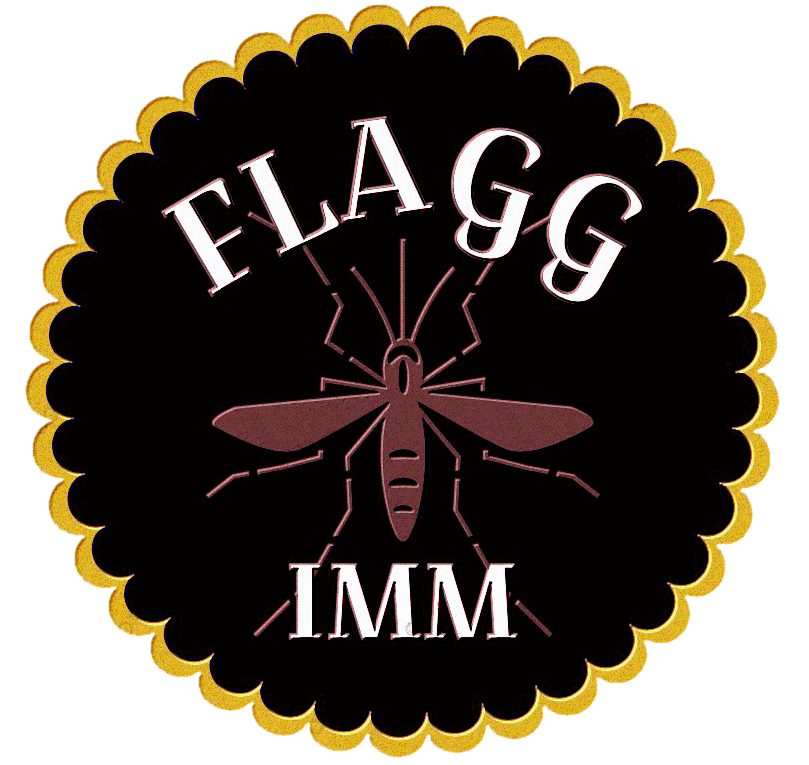
Coastal Angler Science Team
The Coastal Angler Science Team (CAST) is a collaborative effort between anglers and researchers in Dr. Jennifer Rehage’s lab. Dedicated to conservation of recreational fisheries and investigating how changes in the coastal Everglades impact coastal fisheries, CAST consists of two main projects: Project Bay Bones and Mark-Recapture.
- CAST: Project Bay Bones is a partnership between FCE researchers and The Bonefish and Tarpon Trust. Working side by side, anglers and researchers collect and share information to better understand how bonefish populations and distribution have changed over time, and how changes in South Florida waters may be affecting the quality of bonefishing. These results are being used to support bonefish conservation to better ensure high-quality fishing in the future.
- CAST: Mark-Recapture project focuses on the backcountry area of Everglades National Park. CAST: MR works with local fishermen, visitors, fishing guides and families who agree to target this region as part of their regular fishing routine. Researchers tag fish with microchips, and volunteer participants are outfitted with a scanner to identify any tagged fish they recapture. Volunteers agree to record and report data and release any recaptured fish.
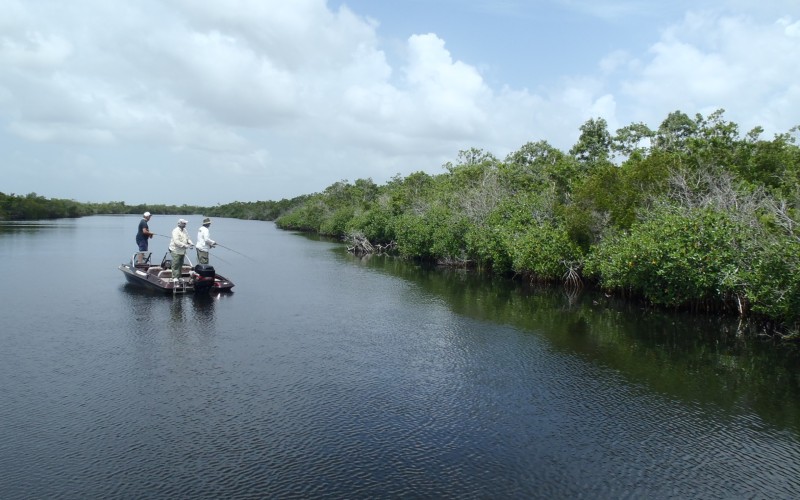
Predator Tracker
Predator Tracker is a standalone, web-based application based on the Fort Lauderdale Museum of Discovery and Science exhibit, highlighting the work of Drs. Jennifer Rehage and Mike Heithaus. At the museum, visitors are introduced to the tracking experiment, answer questions about the movement of individual animals, and are encouraged to use the web application to continue tracking their favorite animal. The web application is available for free, and tracking data are updated monthly for both the FTL-MODS exhibit and web-based app.
